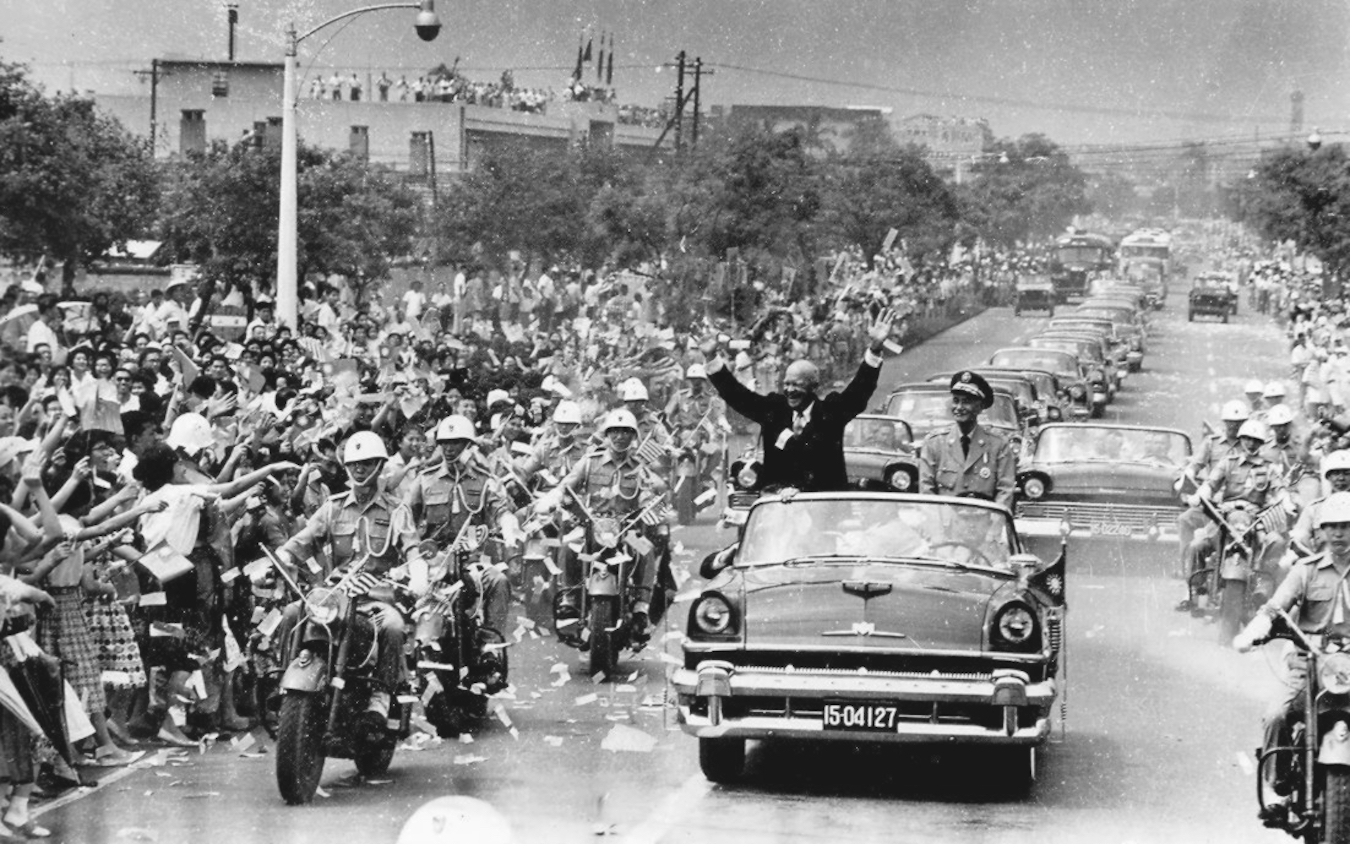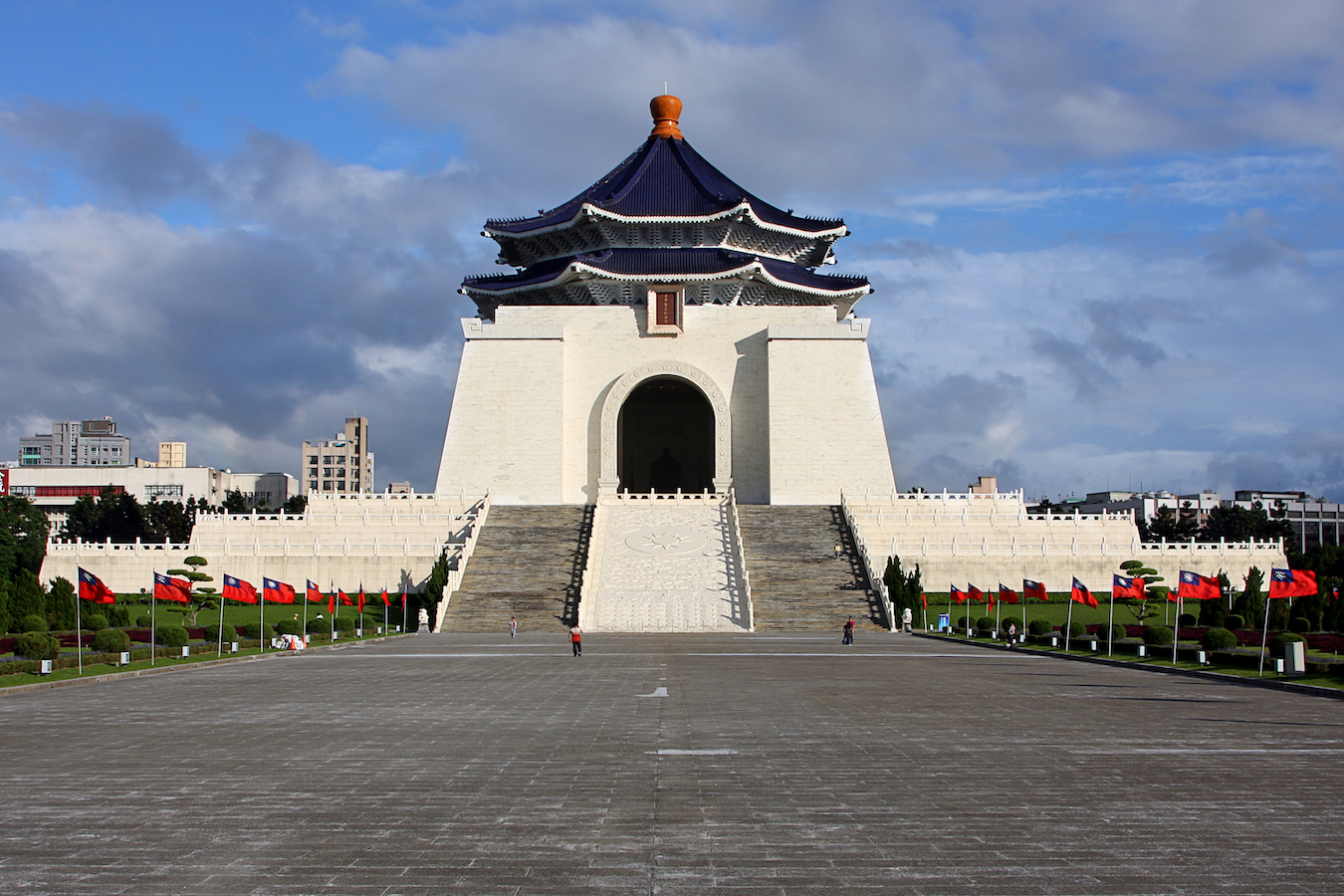by Brian Hioe
語言:
English
Photo Credit: Public Domain
THE TAIWAN HIGH COURT ruled earlier this week that the diaries of Chiang Kai-shek and Chiang Ching-kuo from when they were president belong to the state, upholding a ruling by the Taipei District Court from June 2020. The decision from June 2020 also stated that the papers written by the Chiangs when they were not president belong to their heirs, and this was upheld in the most recent ruling. Chiang Kai-shek and Chiang Ching-kuo, of course, ruled over Taiwan during the authoritarian era, as father and son strongmen.
In the course of his life, Chiang Kai-shek passed his papers along to Chiang Ching-kuo, who then gave his father’s and his own papers to his third son, Chiang Hsiao-yung. The papers then became managed by Chiang Hsiao-yung’s wife, Chiang Fang Chih-yi, who signed an agreement with the Hoover Institution at Stanford University to keep the papers for fifty years. Chiang Fang Chih-yi and three other Chiang family members then signed an agreement in 2013 to transfer the papers to Academia Historica in Taiwan, in accordance with the 2004 Presidential and Vice Presidential Records and Artifacts Act.
 US president Dwight D. Eisenhower (left) and Chiang Kai-shek (right) during a military parade. Photo credit: Public Domain
US president Dwight D. Eisenhower (left) and Chiang Kai-shek (right) during a military parade. Photo credit: Public Domain
Other descendants of the Chiangs, however, have disputed that Chiang Fang and the three other Chiang family members had the rights to the papers. This includes the daughter of Chiang’s oldest son, Chiang Hsiao-wen, Chiang You-mei. The other Chiang descendants also assert that the Presidential and Vice Presidential Records and Artifacts Act should not be retrospective.
The dispute led Stanford University to file in 2013 for an interpleader action, to determine the legal owner of the documents. The result was a 2015 ruling by a US court that Academia Historica in Taiwan should legally determine the ownership of the documents, resulting in a 2015 civil lawsuit by Academia Historica against Chiang You-mei and fifteen other members of the Chiang family.
The most recent ruling can be appealed and so the lawsuit is likely to continue. In the meantime, Stanford University continues to hold the documents until the legal outcome of who owns them is clear.
Either way, it is still a question as to who owns the papers of the Chiangs from when they were not president. The Taipei District Court’s June 2020 ruling can be seen as a compromise, with regards to which papers belong to the descendants of the Chiang family, and which are property of the state.
 The Chiang Kai-shek Memorial. Photo credit: AngMoKio/WikiCommons/CC BY-SA 3.0
The Chiang Kai-shek Memorial. Photo credit: AngMoKio/WikiCommons/CC BY-SA 3.0
There have been calls for the state to take ownership of all of the documents, particularly seeing as the Chiangs served in various high positions in government even when not president. To this extent, calls for the state to take ownership of the documents have been seen in line with calls for transitional justice or attempts to deal with party assets of the KMT retained from the authoritarian period, with the view that the diaries are a resource that should belong to Taiwan, rather than to the descendants of the Chiang family. On the other hand, the Chiang family may be wary of the fate of the diaries–and the information contained within–if it ends up in the hands of a government controlled by a pan-Green political party.
The diaries, after all, shed light on historical events that are sometimes still contested, particularly with regard to the White Terror and Taiwan’s authoritarian period, and as to why the Chiangs made certain decisions that they did. Even the Chiang diaries available from access at Stanford University are restricted, in that no photographs or photocopies of the diaries are allowed, and the documents are redacted for personal comments made by the Chiangs. The unredacted passages will be released in 2035.
Perhaps contestation over the Chiang diaries reflects the unsettled nature of even recent Taiwanese history, in that who owns documents that shed light on crucial moments in Taiwanese history is still legally disputed. One also understands why declassifying records from the authoritarian period proves a politically significant act, or why the KMT proves reluctant to hand over documents from the authoritarian period. It proves meaningful that the saga plays out at the same time that what to do with symbols of the Chiang personality cult from the authoritarian period, such as the Chiang Kai-shek Memorial, is debated.

